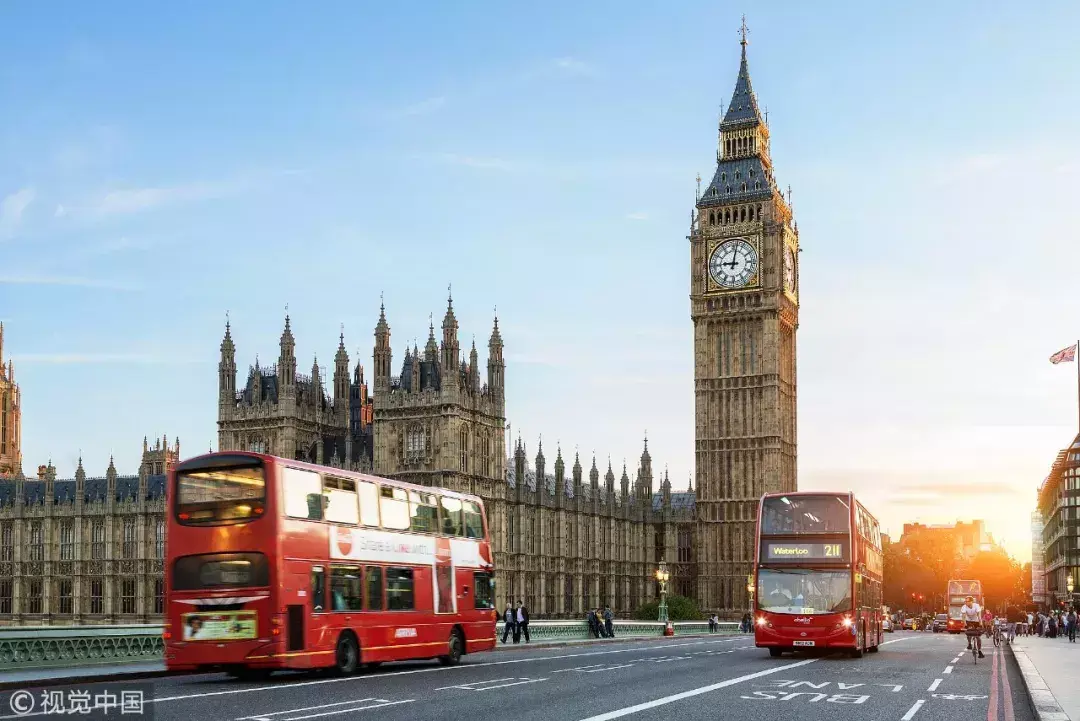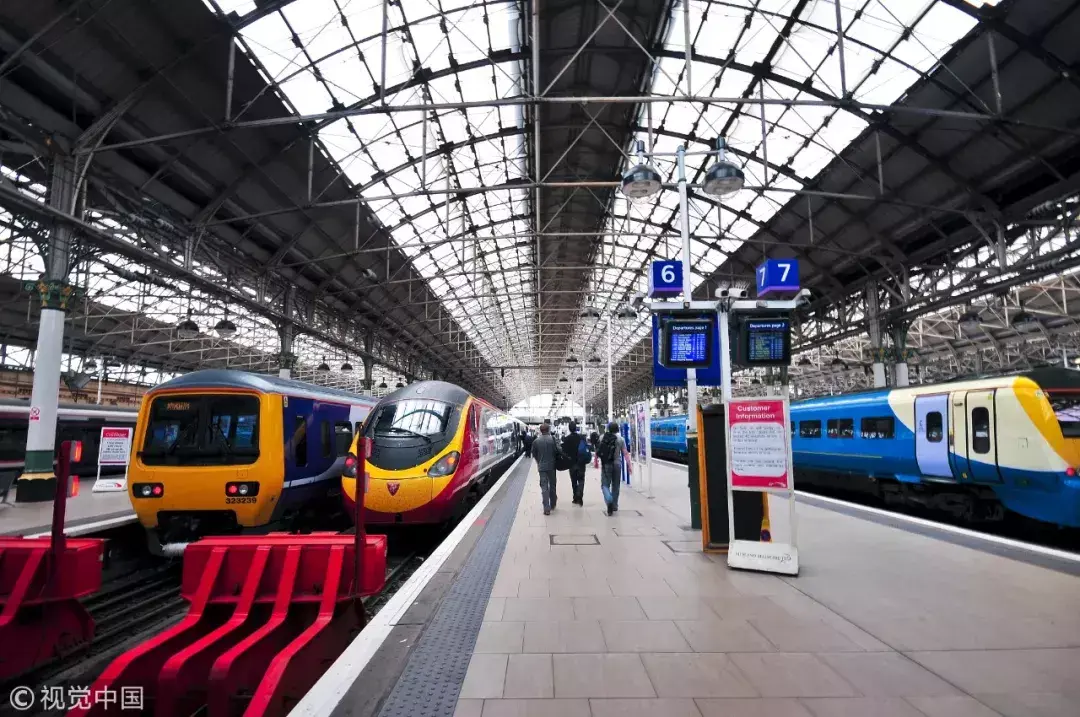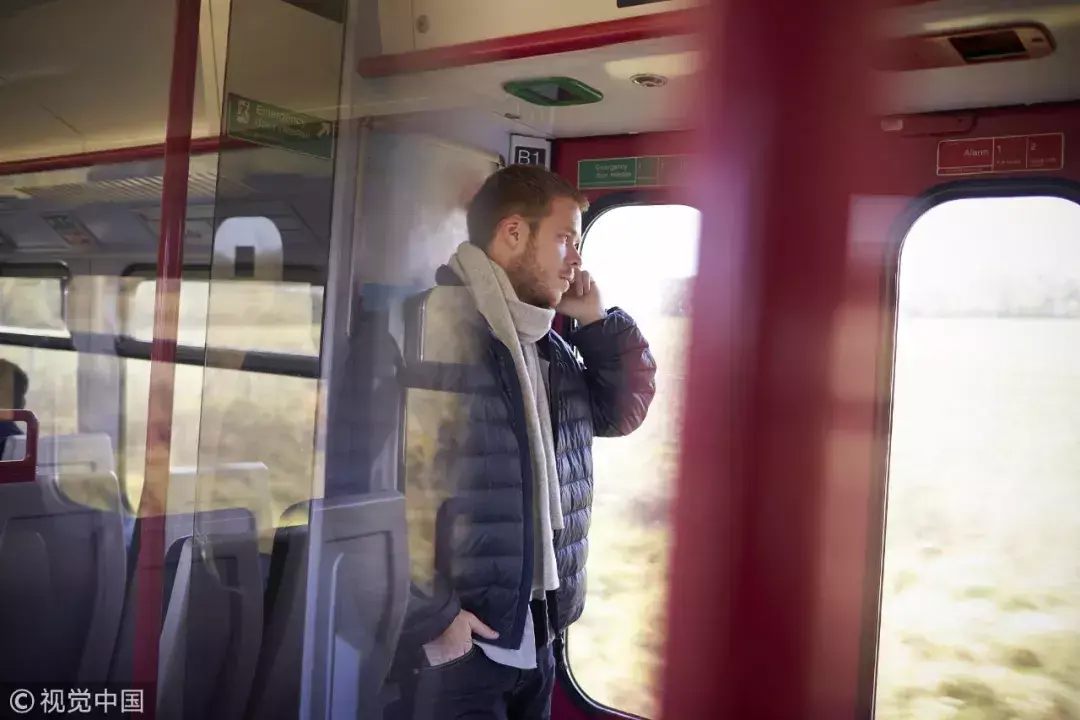
不久前,国内高铁霸座事件接连刷屏,有人因此上了黑名单,得告别火车好一阵了。
但是,当自己的座位被抢走时,并非每一位乘客都会举起手机把对方变成“网红”或者寻找乘务员帮忙。面对蛮横的“座霸”,是否存在着一个“沉默的大多数”?
我们来看看地球那一边的腐国。

英国《卫报》援引London North Eastern Railway(LNER)的一项研究称,在火车占座问题上,56%的英国人如果发现自己预订的座位被别人占了,开口让人挪开或者拿开占座的行李,他们会觉得特别尴尬,说不出口。

说…
不…
出…
口…
51%的乘客觉得,开口让占座的人让出座位,还不如站着,或者找别的座位。

Will you ask someone to get up if they take your reserved seats on a train? For more than half of all Britons surveyed, the answer is no.
A recent survey by London North Eastern Railway reveals that 56% of British people have felt too embarrassed to ask another passenger to move out of their reserved seats or move bags off the seats. Instead, they would rather stand or try to find another seat.
恨在心头口难开?
《卫报》称,对于英国人来说,在公共交通工具上跟陌生人说话的感觉可能“比死还难受”。
心理学家Donna Dawson指出,英国人非常注重在公共场合保持良好修养,不愿意卷入任何尴尬的纷争,也不想让别人觉得自己自私或者咄咄逼人。LNER的研究也发现,近25%的英国人曾因遭遇“座位纷争”而选择离开车厢。

Why does it seem hard for them to do so?
An article from the Guardian pointed out that for the British, speaking to someone while traveling by public transport could be “worse than death.”
“Brits put a premium on good manners in public and don’t want to become embroiled in any embarrassing scenes or come across to others as selfish and pushy,” psychologist Donna Dawson said.
尽管如此,文章还是呼吁被占座的英国人鼓起勇气让占座者离开。
短短三天,文章下累计了上千条评论。
遇到占座不说?!另外44%英国群众已赶到现场……
“当然要说。毫不动摇。我才不会从伦敦一路站到苏格兰。别人忘了预约,我不会为他们背锅。”一条评论如是说。

“我不信你是得多害羞才无法开口告诉别人把座位还给你,我常常见到有人这么做。”

但也有网友说……
“我今天预订了座位,但是读了你们这些评论之后我怕得不敢坐。我担心有人上来说座位是他们的。我站在过道里哭,发短信告诉我朋友这多么不公。没人坐那些位置。”

面对占座,英国人怎么操作?
“如果车上还有别的空位,我就不说。如果没有,我会让占座的人离开。”
“我每次都说,‘不好意思,这个位置我预订了’,从来没什么问题。如果有人真的需要座位,比如退休的老人,我常常会让座。”

“几年前有人坐在我的座位上,我礼貌地问他我能不能坐到我的位置上,他让我‘滚开’。我找来警卫,那人还坐在我的位置,双手交叉抱在胸前,双眼直视前方。最后我要求换到一等座,他们给我换了。”

真•英版•智斗座霸
“我还是个婴儿的时候,我妈带着四个孩子上火车。她预订了四个人的位置,上车后发现座位上有四个男人,她说了之后他们还不走。我妈于是把我放在桌上,迅速开始给我换尿布。他们立刻走了……”

The article asked Britons to speak up despite potential “seat altercation,” while netizens have shared their own experiences of dealing with seat occupations. Many said that they should claim their seats, but some expressed fear of confrontation.
英国的铁路服务与中国有所不同,一些列车不提供座位预留服务,乘客可以挑选对应席别的任何空位。而对于可以预订座位的列车,除少数情况下必须预留座位,乘客购票时可选择预留或不预留座位。没有预留座位的乘客,可乘坐对应席别的车厢内任何显示未被预留的空位。
但问题在于,有时预留座位未被标识,或者座位显示被预留了但乘客没来就被别人坐了,导致正主没得坐。

Different from China’s train system, where passengers buy tickets for specific numbered seats, some UK trains do not offer the service of seat reservations. For those trains that do, reservations are offered as an option. This means some passengers have their seats reserved before the trip while others will choose from seats that are not marked.
The problem is, some reserved seats may not be marked and some passengers that have reserved seats do not turn up on time or at all.
如果座位的主人没来可以坐预留座吗?BBC此前专门讨论了什么时候乘客可以坐空置的被预留座位。答案是:如果开车后几分钟没人来坐被预留的座位,那就可以坐。
但对于英国人来说并没有解决实际问题……

到底过了几分钟能坐?没人能说明白。所以有时候,一片预留座位空着,没留座的人还站着。
社会历史学家Joe Moran说,英国人社交上比较保守,而火车上的规则比较模糊,这种社交模糊对于害羞的人来说很成问题。
“Should I vacate someone sitting in my seat?” and “should I take the reserved seat that seems obviously empty?” Such questions could plague passengers when they board a train.
The BBC gave an answer to the dilemma in a 2016 article. It’s simple: a traveler can sit in reserved seats that are not occupied a few minutes after departure. But as there is no sign to tell one to do this, it remains difficult for socially reserved Britons, sometimes leaving seats empty while people keep standing.
以上是英国反霸座经验。
如果在火车上被人霸座,你怎么操作?
限 时 特 惠: 本站每日持续更新海量各大内部创业教程,一年会员只需98元,全站资源免费下载 点击查看详情
站 长 微 信: lzxmw777






